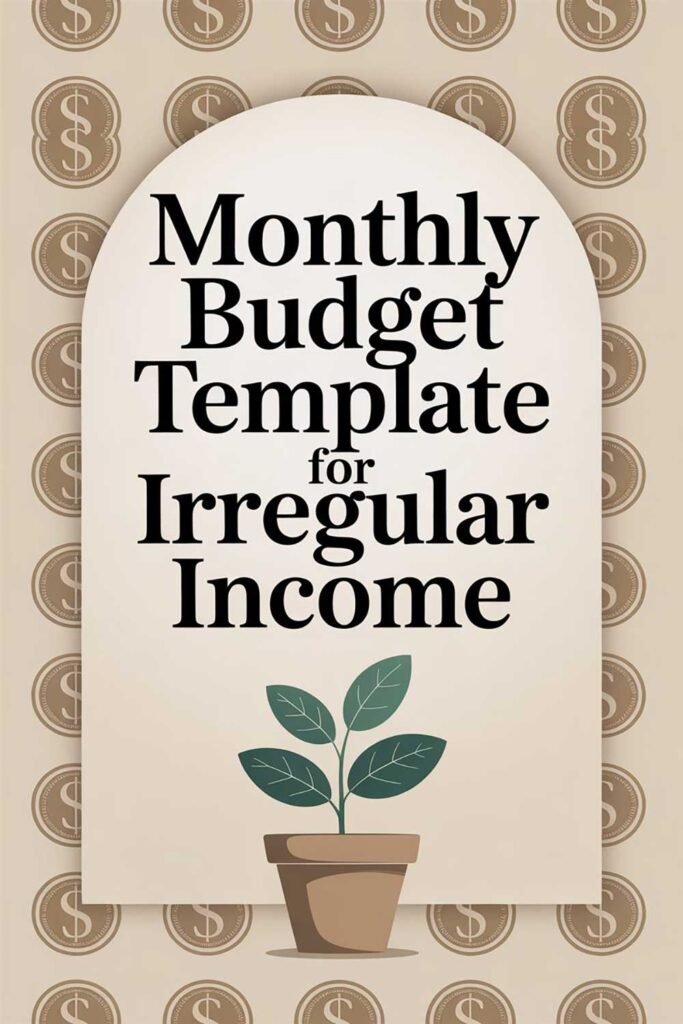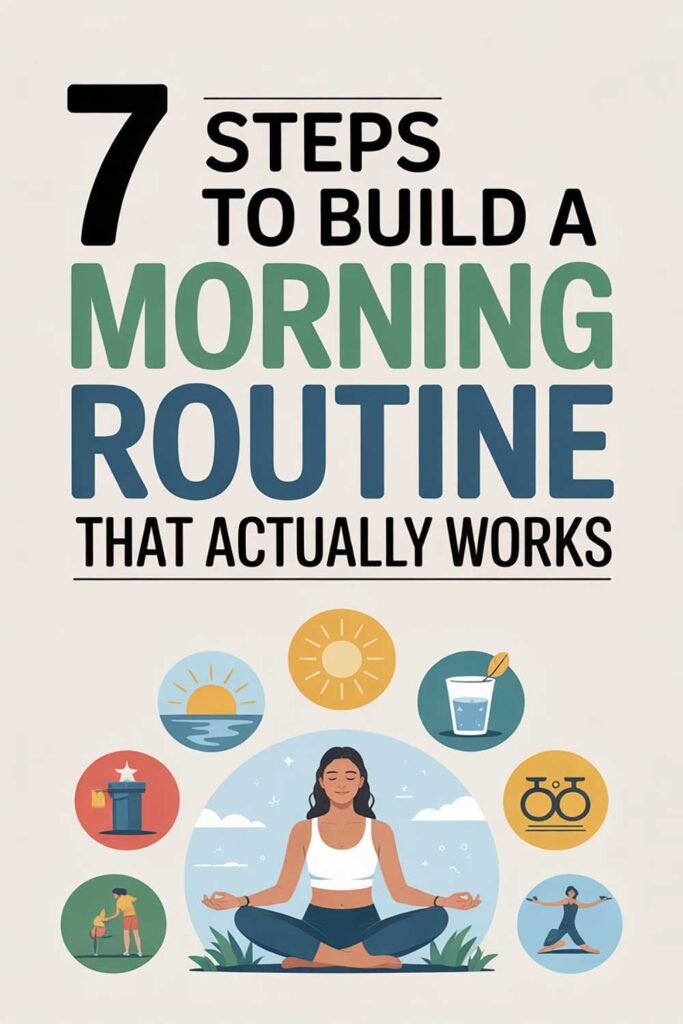7 Ways to Cut Costs Without Feeling Deprived
Cutting expenses doesn’t have to mean giving up all the things you love. In fact, the most effective and sustainable savings strategies are the ones that reduce costs while still letting you enjoy life. The key is to cut smart, not deep. With a little planning and creativity, you can keep more money in your wallet without sacrificing your happiness or quality of life. Here are 7 powerful ways to cut costs without feeling deprived.

1. Prioritize Spending Based on Joy, Not Habit
Not all spending brings the same value. Take a close look at your expenses and figure out which ones bring genuine joy versus those done out of habit or convenience. Eliminate or reduce the low-value ones first.
Real-Life Example: Karen used to spend $50/month on subscription boxes she barely used. She canceled them and used that money to treat herself to a monthly coffee date with friends—something she actually looked forward to.
2. Master the Art of Meal Planning
Dining out or grabbing last-minute meals can destroy your budget. Meal planning doesn’t mean eating rice and beans every day. It means thinking ahead, shopping smart, and making meals you love.
Real-Life Example: Jordan, a single dad, cut his grocery bill by $200/month by planning meals every Sunday, using leftovers creatively, and shopping with a list. He still enjoyed tacos and burgers—just homemade.
3. Embrace DIY and Skill-Swapping
Learning how to do things yourself—from home repairs to beauty routines—can save a lot of money. Skill-swapping with friends or neighbors can also cut costs and build community.
Real-Life Example: Elena stopped going to the salon for manicures and learned to do them herself at home. She also traded tutoring sessions with a friend in exchange for help with sewing.
4. Cut the Cord (or Negotiate Your Bills)
Cable, streaming services, phone plans—these add up quickly. Evaluate what you really use, eliminate the rest, and don’t be afraid to negotiate better deals.
Real-Life Example: Derek realized he was paying for six streaming services but only watched two. He canceled the extras and called his internet provider for a lower rate, saving $60/month.
5. Use Cashback, Coupons, and Rewards Wisely
Used strategically, cashback apps, reward programs, and coupons can help you save on everyday purchases without changing your lifestyle.
Real-Life Example: Meghan used Rakuten for online shopping and her grocery store’s app for digital coupons. Over a year, she earned $400 in cashback and saved another $300 on groceries.
6. Find Free or Low-Cost Entertainment
Having fun doesn’t have to cost a fortune. Look for free events, community classes, and local adventures. Many cities offer more than people realize.
Real-Life Example: Tom and Lucy started attending free outdoor concerts and hiking local trails instead of going to the movies every weekend. They saved $100/month and had more quality time together.
7. Automate Savings to Make It Effortless
Treat savings like a bill. Automate a small amount each week or paycheck into a separate savings account. You’ll be amazed how quickly it grows with little effort.
Real-Life Example: Brittany automated $25/week into a savings account she didn’t touch. In a year, she had $1,300 saved—enough to take a vacation she didn’t think she could afford.
20 Inspirational Quotes About Saving Without Sacrifice
- “Do not save what is left after spending, but spend what is left after saving.” — Warren Buffett
- “A penny saved is a penny earned.” — Benjamin Franklin
- “Beware of little expenses. A small leak will sink a great ship.” — Benjamin Franklin
- “You must gain control over your money or the lack of it will forever control you.” — Dave Ramsey
- “Save money, and money will save you.” — Jamaican Proverb
- “The best things in life are free. The second best are very expensive.” — Coco Chanel
- “It’s not your salary that makes you rich, it’s your spending habits.” — Charles A. Jaffe
- “You can’t have everything you want, but you can have the things that matter.” — Marissa Mayer
- “Happiness is not in the mere possession of money.” — Franklin D. Roosevelt
- “Budgeting isn’t about limiting yourself—it’s about making the things that excite you possible.” — Unknown
- “Frugality includes all the other virtues.” — Cicero
- “The art is not in making money, but in keeping it.” — Proverb
- “Live like no one else, so later you can live like no one else.” — Dave Ramsey
- “Thrift is poetic because it is creative; waste is unpoetic because it is waste.” — G.K. Chesterton
- “Doing more with less is the best financial habit you can build.” — Unknown
- “Don’t go broke trying to look rich.” — Unknown
- “Money looks better in the bank than on your feet.” — Sophia Amoruso
- “Wealth consists not in having great possessions, but in having few wants.” — Epictetus
- “Discipline is choosing between what you want now and what you want most.” — Abraham Lincoln
- “Being rich is having money; being wealthy is having time.” — Margaret Bonnano
Picture This
Imagine having money left over at the end of every month—without feeling like you gave anything up. Your fridge is full, your weekends are fun, and your savings are growing. You feel empowered, not restricted. You’re in control of your finances, and it feels like freedom.
What would it feel like to cut costs and still love your life?
Share This Article
Know someone who wants to save money without sacrificing joy? Share this article with them or post it on social media. Let’s help others discover the freedom of smarter spending.
Disclaimer
This article is based on personal experiences and general financial strategies. Individual results may vary. Always consult a financial advisor for personalized advice.






